Regular researcher
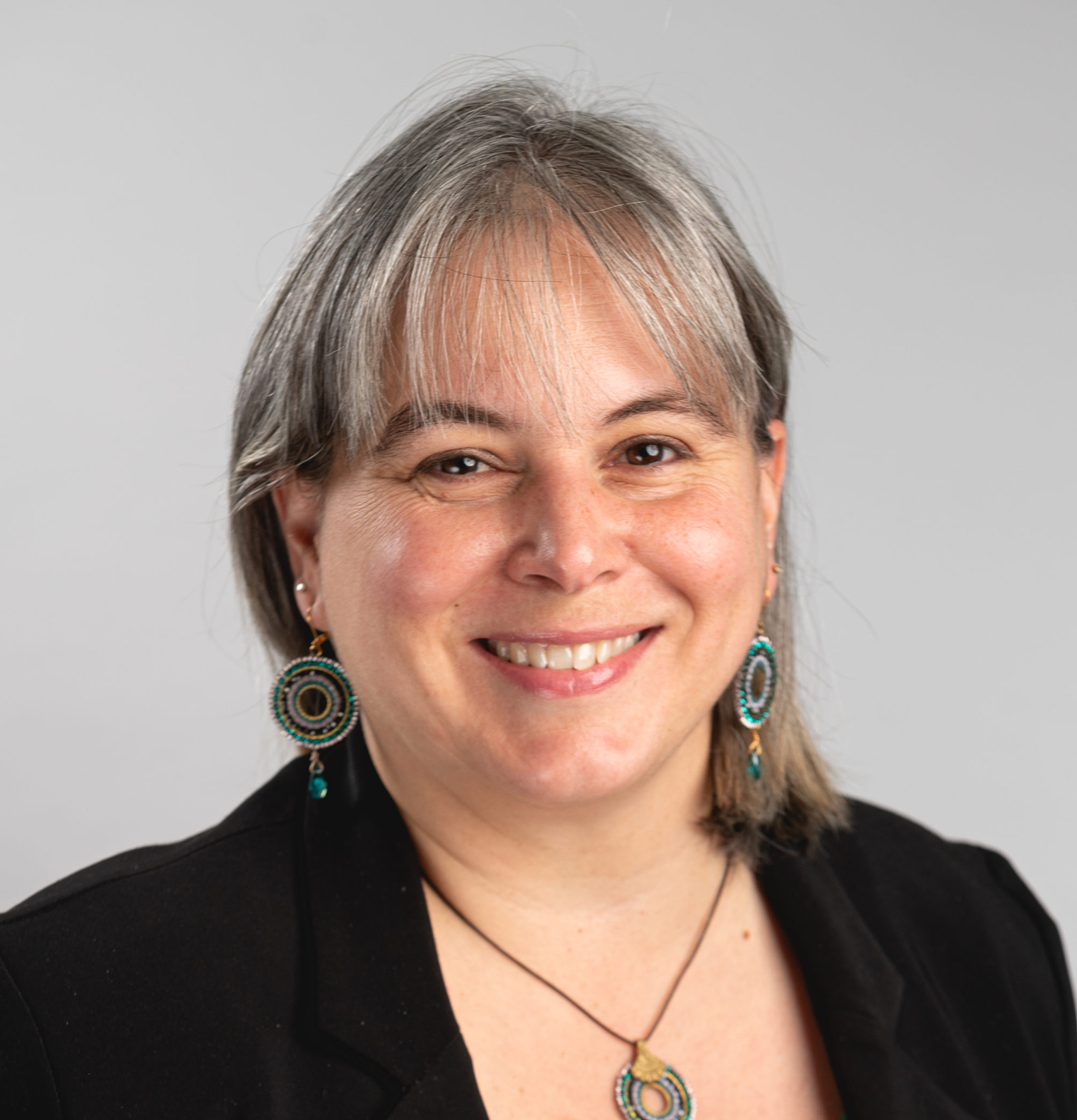
Marie-Christine Ouellet
Psychologist, her research focuses mainly on psychological evolution (including emotional, psychosocial and cognitive aspects) in patients and families following a brain trauma.
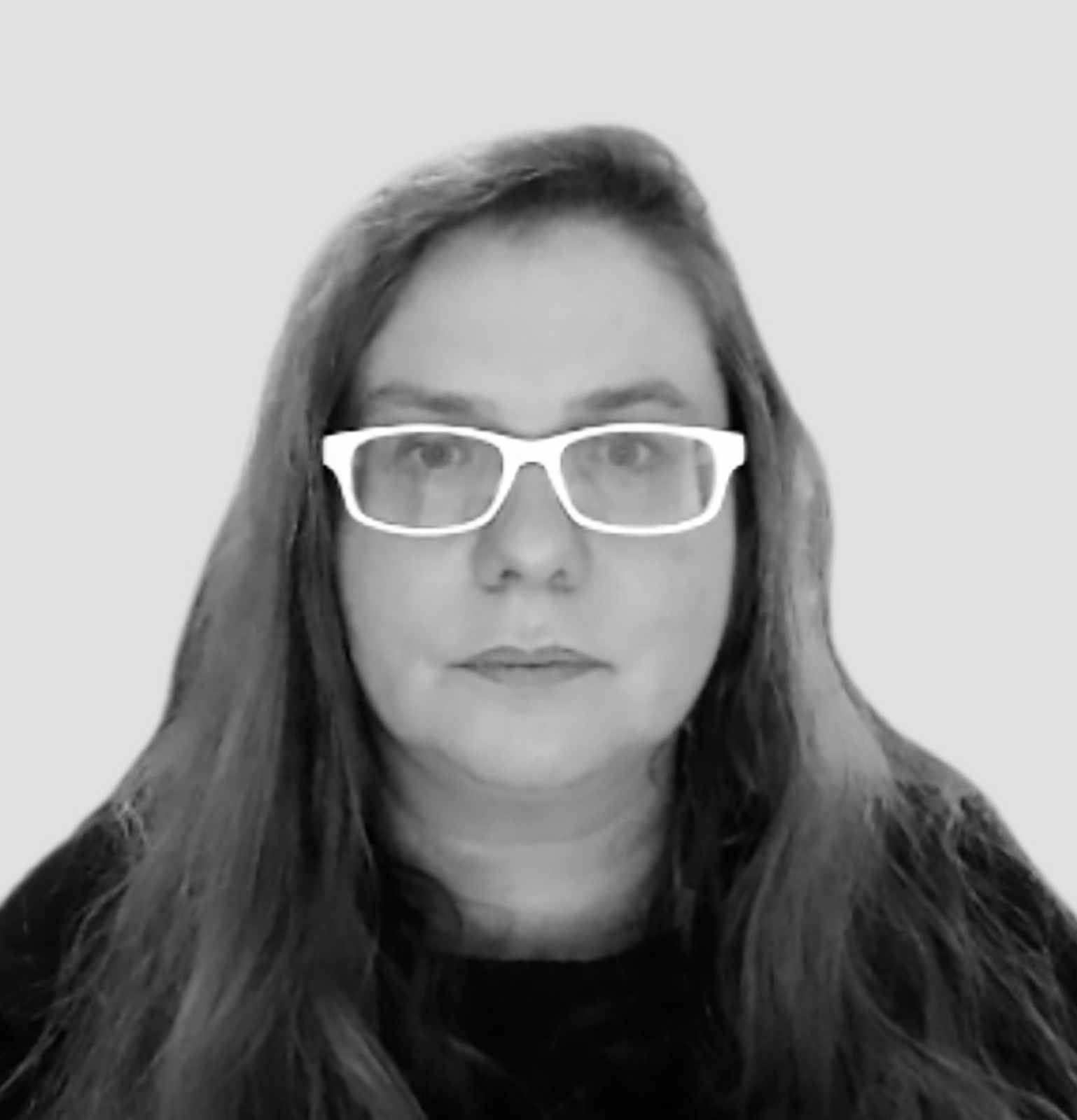
Jocelyne Kiss
Trained musician, her research focuses on the interaction at a distance for the reinsertion of peole with special needs, artificial intelligence and adaptive creative devices, art therapy and RSA, the expression of feelings of vulnerability, disability situations, as well as the VR collaborative device for motivation and engagement in trainings sessions.
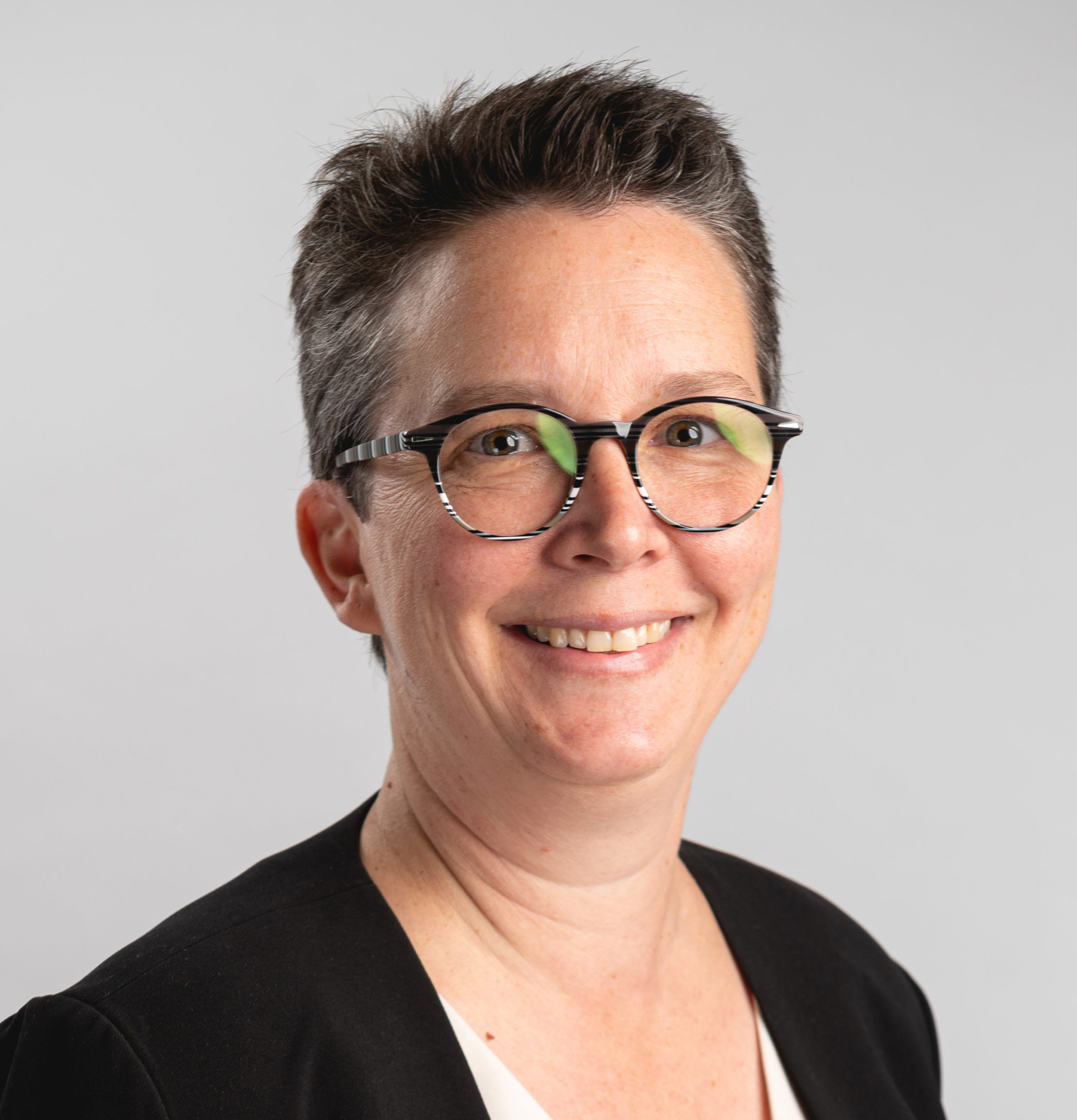
Catherine Mercier
Occupational Therapist, her research focuses on sensorymotor functions and pain in a variety of clinical populations in rehabilitation (cerebral palsy, spinal cord injury, stroke, amputation, chronic pain, etc.). Her laboratory works on the development of rehabilitation interventions and on the underestanding of underlying neurophysiological mechanisms to help technologies such as non-invalise brain stimulation, electrophysiology, virtual reality and robotics.
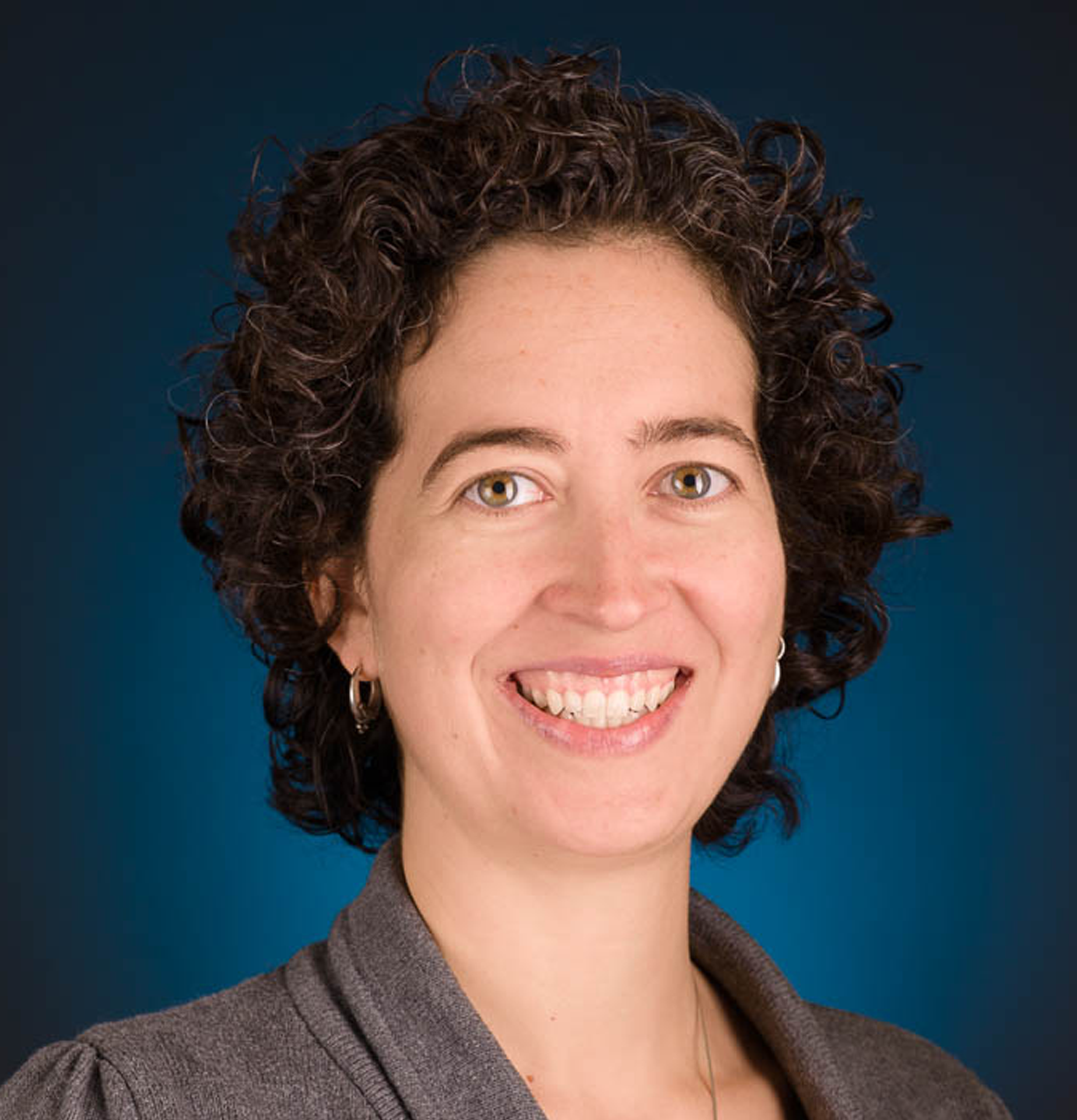
Kadija Perreault
Physiotherapist, her research focuses mainly on the access to organisational services in rehabilitation, as well as on the evaluation of services for people living with pain.
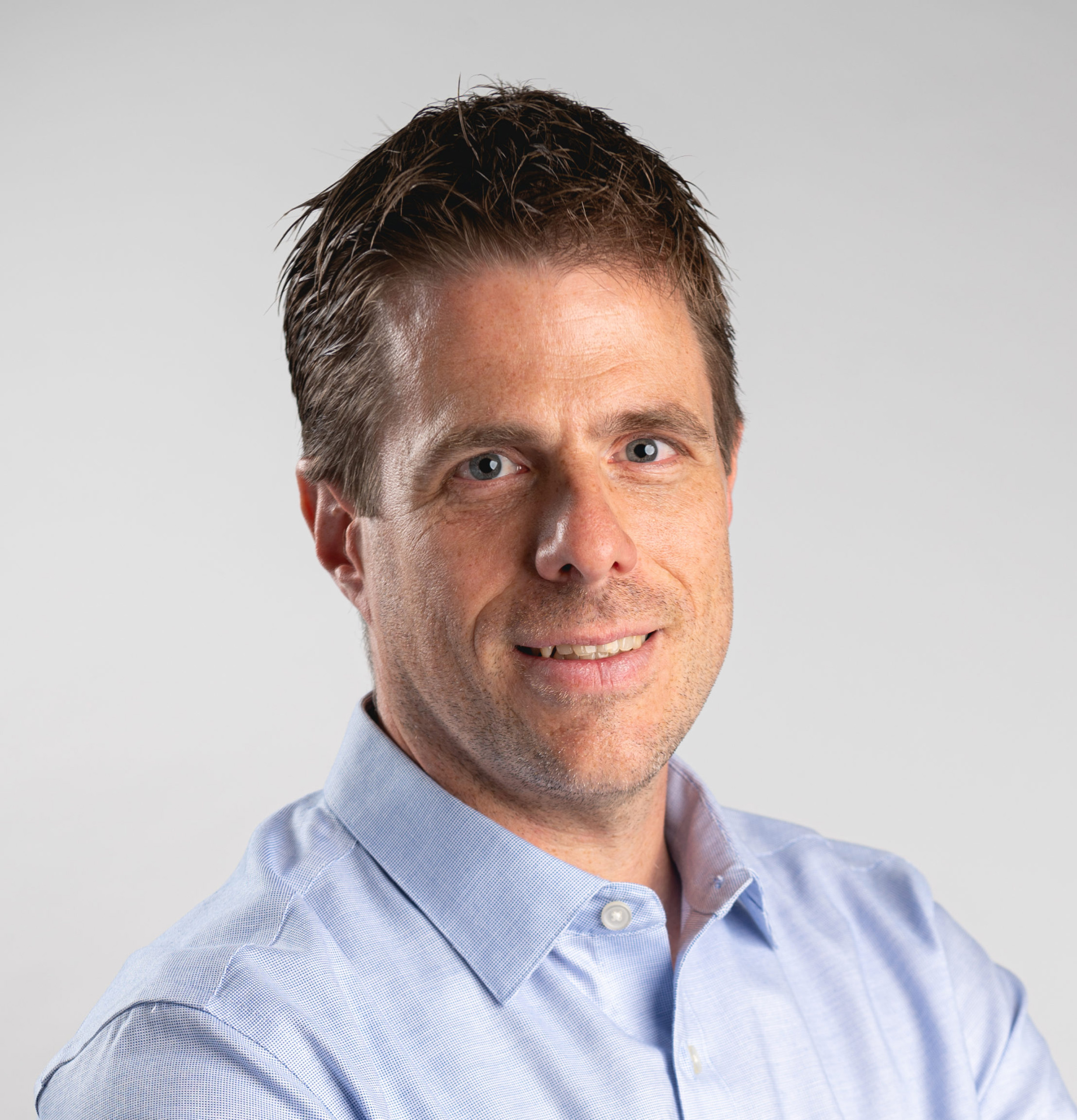
Jean-Sébastien Roy
Trained Physiotherapist, his research interests focus on the characterisation of sensorimotor deficits observed following a musculoskeletal injury (using movement and electromyographic analysis systems, transcranial magnetic stimulation, dynamometer and self-administered questionnaires), as well as the evaluation of the effects of rehabilitation interventions focusing on sensorimotor reeducation.
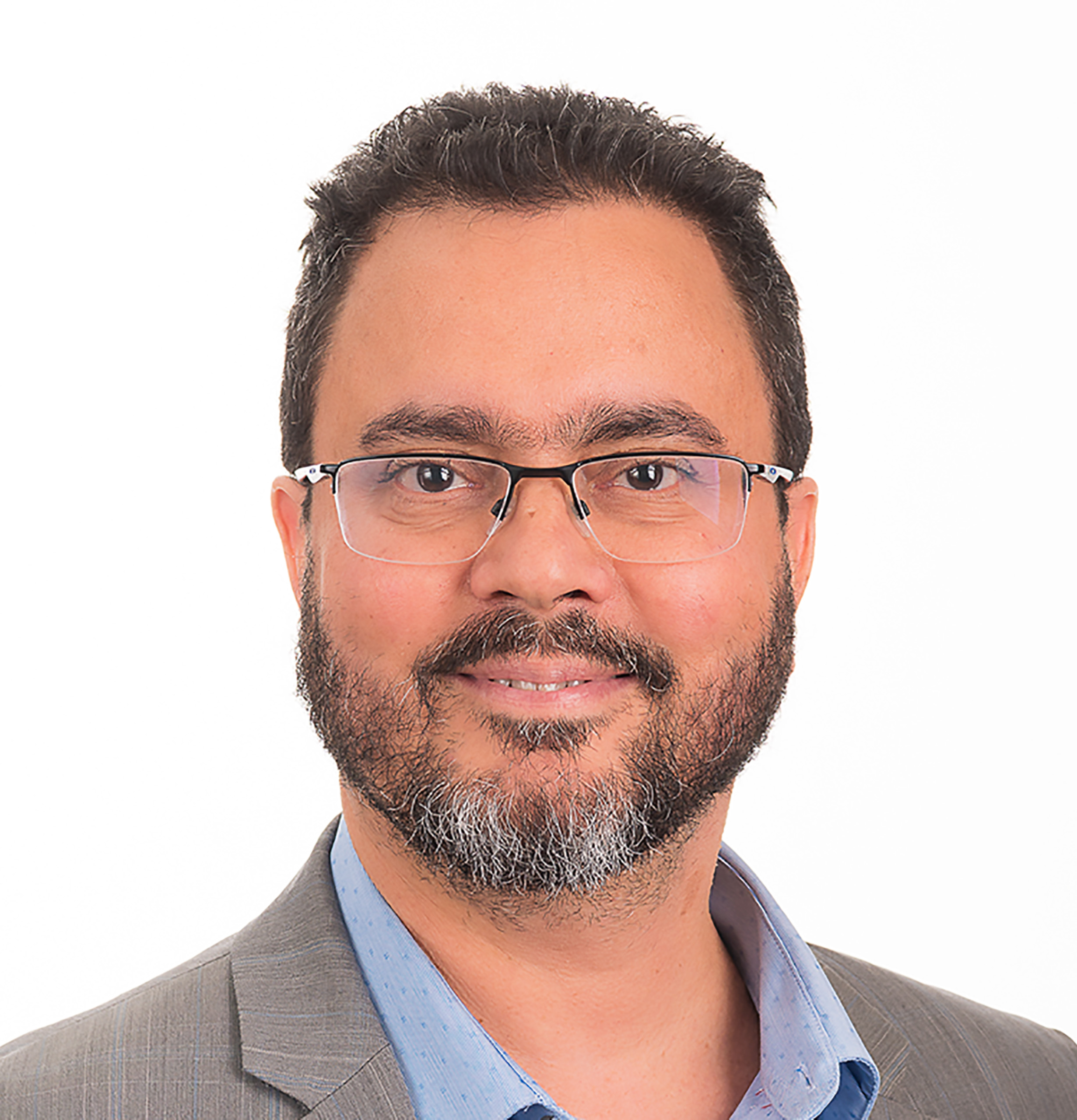
François Routhier
Engineer, his research focuses on the development and evaluation of the role of assistive devices, associated interventions (e.g. training and evaluation), as well as residential and urban planning on the mobility, level of activity, autonomy or participation of people with a physical disability or loss of autonomy, and their caregivers.
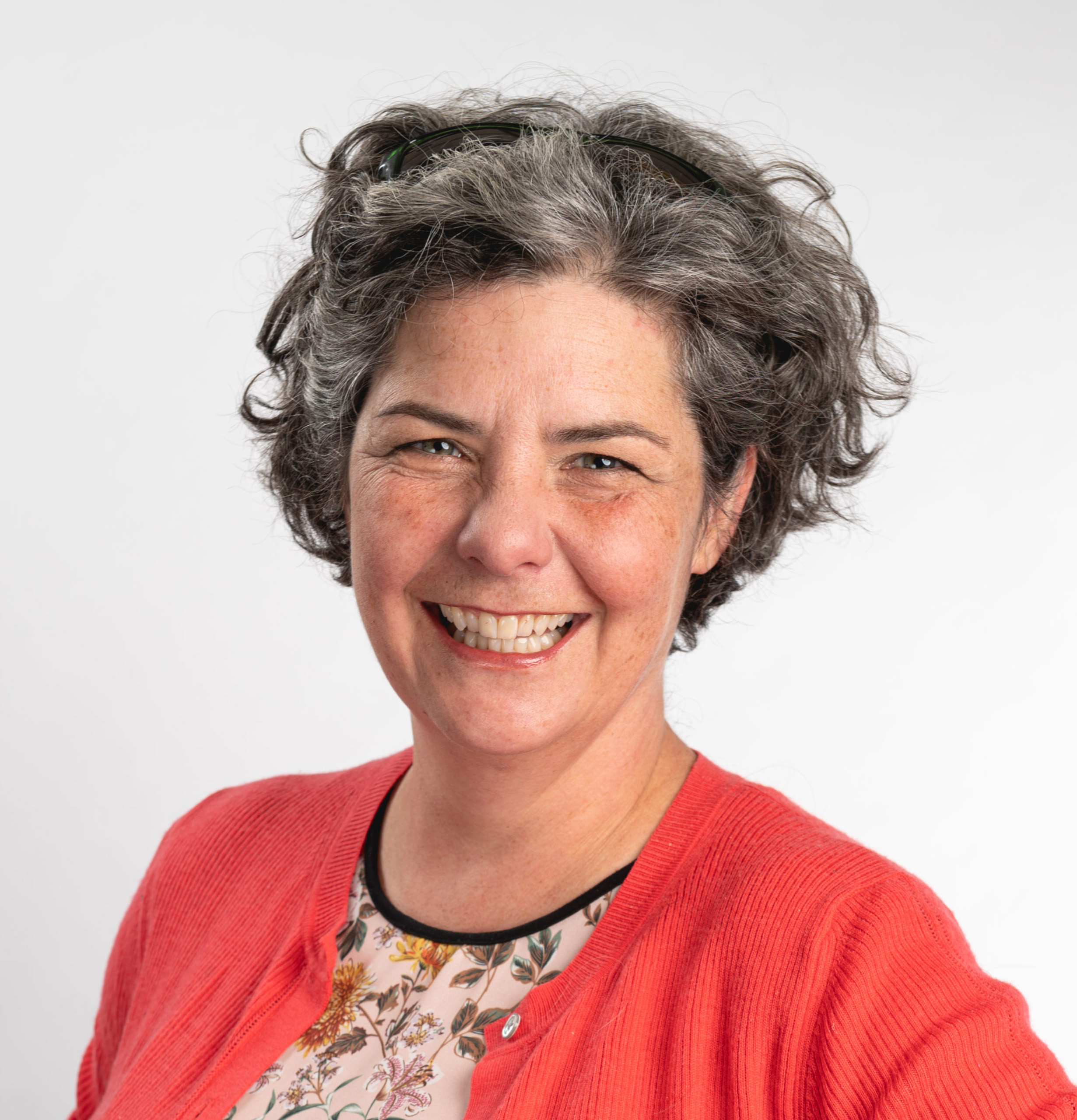
Marie-Ève Lamontagne
Occupational Therapist, her research focuses on organizational determinants of knowledge mobilization in neurotrauma to facilitate change and improvement in rehabilitation practices. The evaluation of intervention programs as well as several different organizational models are also key factors of interest in her research program.
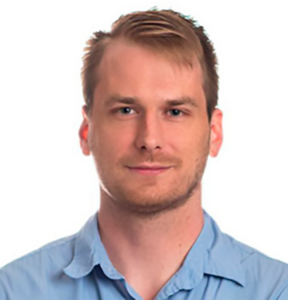
Maxime Robert
Professor Robert is interested in motor learning and control in children with cerebral palsy, and identifying neurological biomarkers that predict motor function in children’s upper limbs.
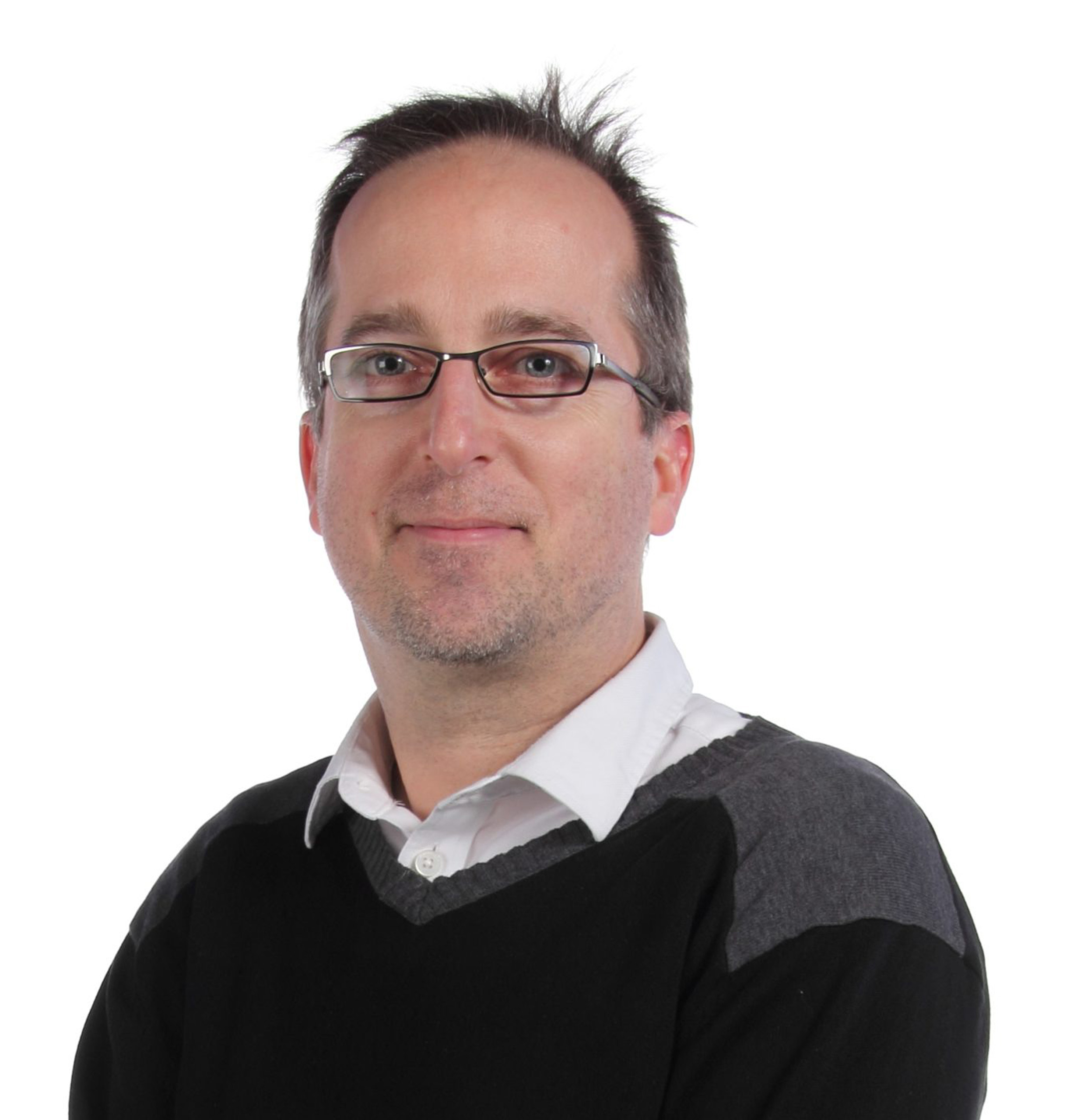
Philip Jackson
Neuropsychologist and researcher, his work focuses on various methods, such as brain imagery, non-invasive neurostimulation and virtual reality to study the physiological and neurophysiological markers of social cognition as well as factors potentially modulating human empathy. The most recent developments from his laboratory are from research on neurophysiological markers during human-machine interaction, specifically on virtual agents expressing emotions.
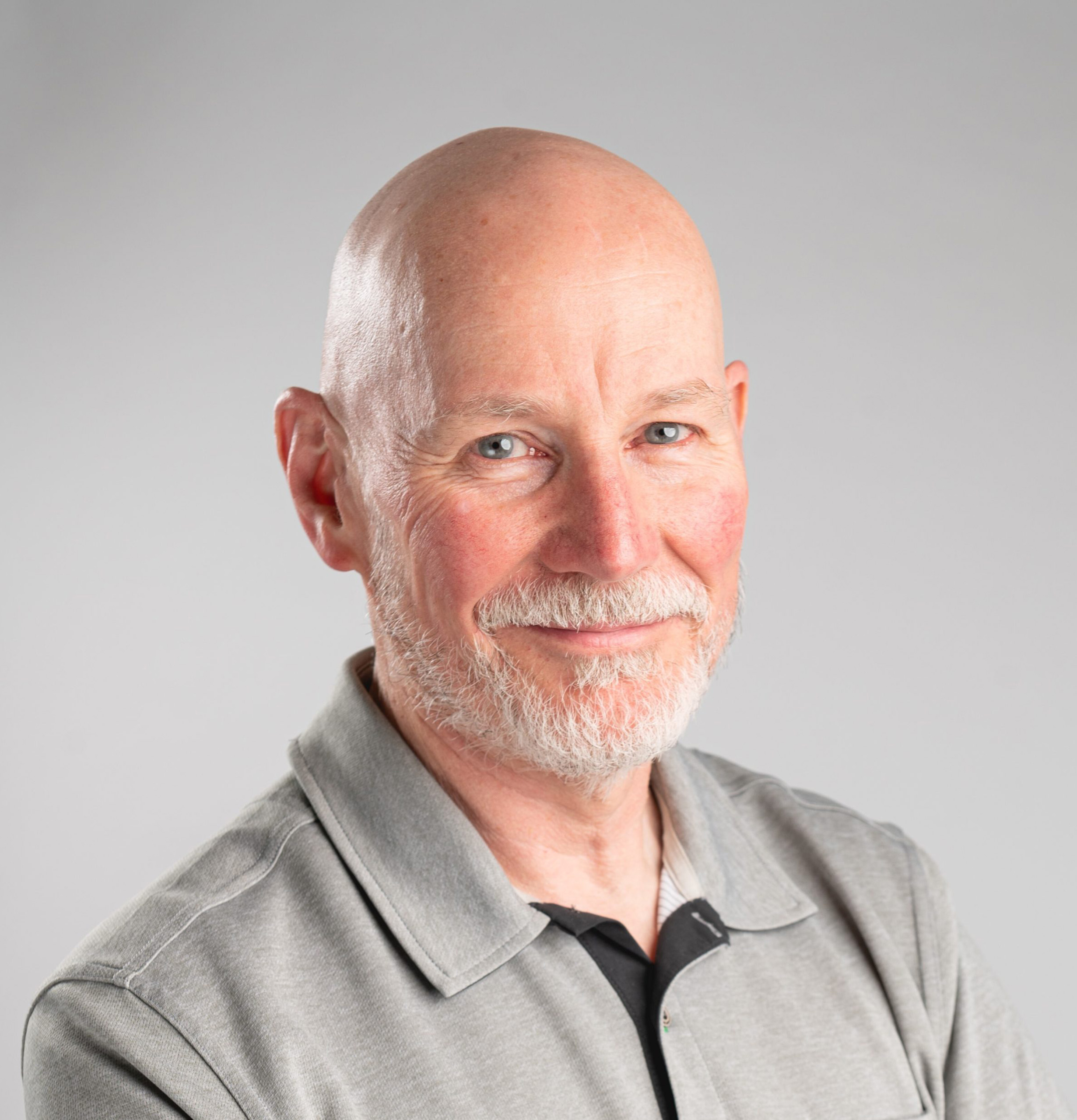
Bradford J. McFadyen
Kinesiologist, his research focuses on locomotor control and adapting to the environment in healthy populations and in populations with mobility problems (e.g., aging populations or with acquired brain injuries), with the aim of developing general evaluation and clinical evaluation tools for mobility. He uses movement analysis, electrophysiology and virtual reality techniques in his laboratory.
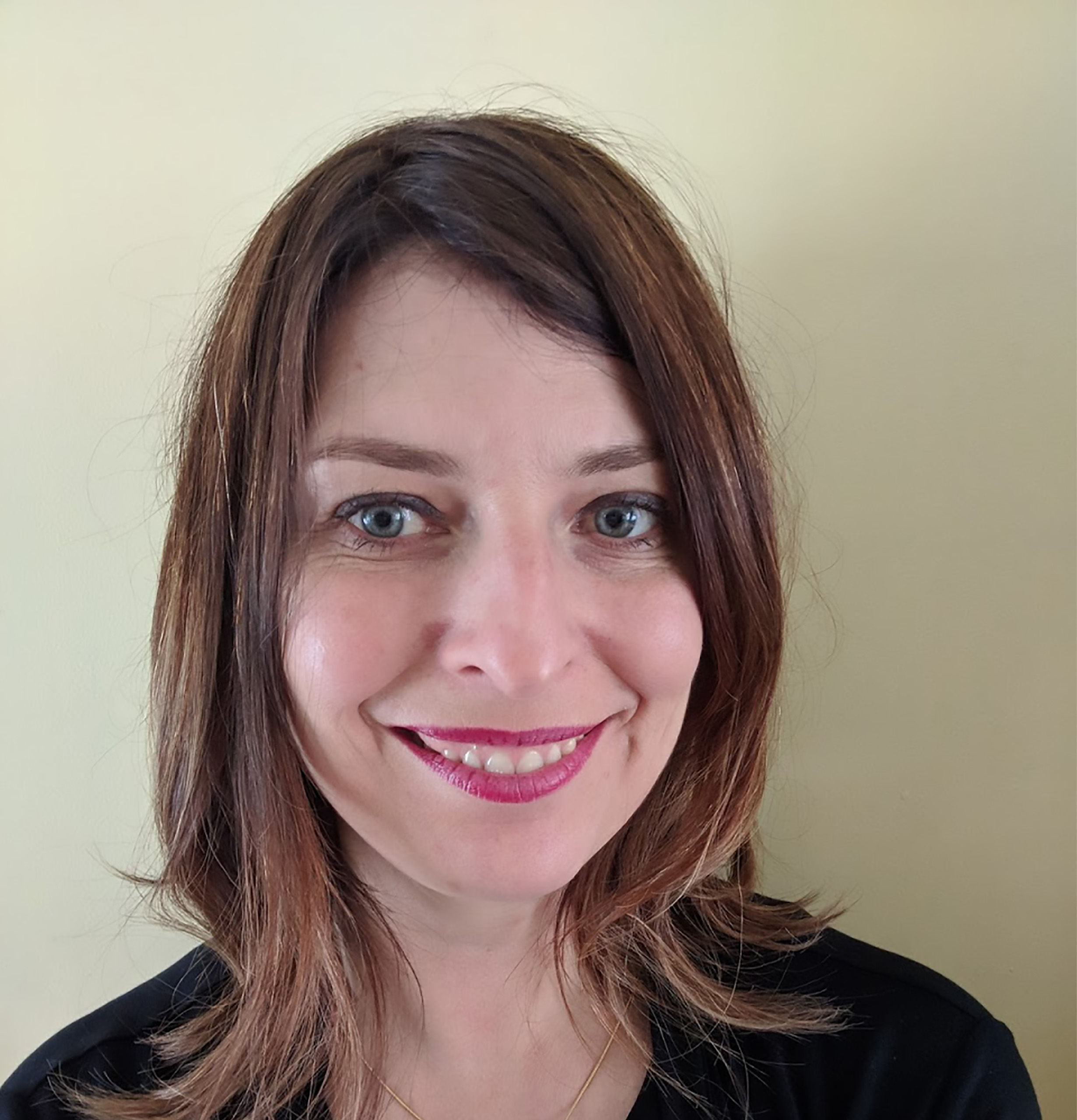
Katia Turcot
Trained kinesiologist, her research interests focus on the three-dimensional (3D) analysis of movement and biomechanics of the human body in relation to the musculoskeletal system. She is particularly interested in the analysis of walking, posture and functional movements in people with and without disabilities.
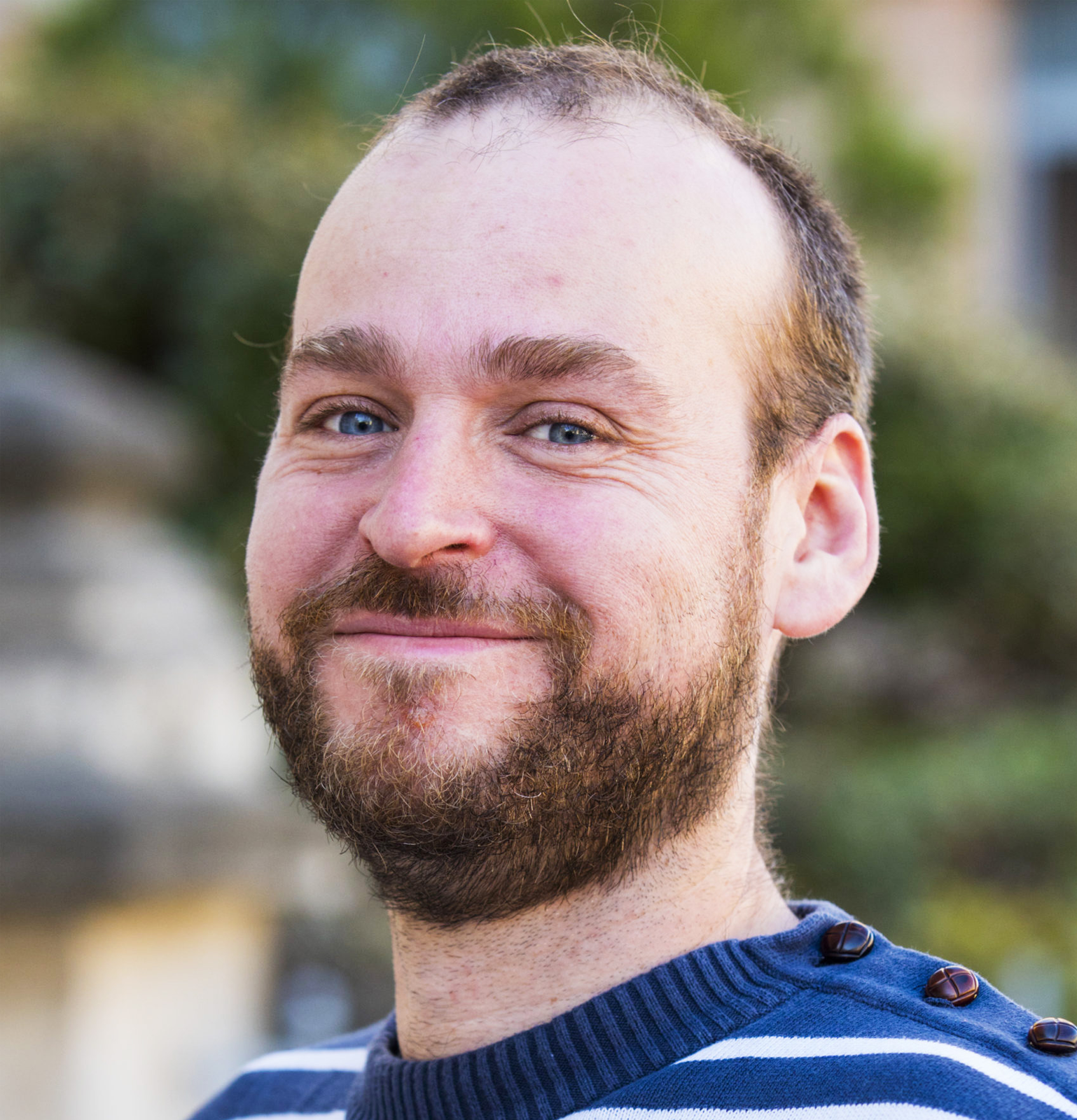
Philippe Fournier
Trained as an audiologist, his research focuses on various auditory pathologies, including tinnitus, hyperacusis, misophonia and acoustic shock syndrome. His research aims to better understand the pathophysiological mechanisms responsible for the onset of these different auditory pathologies, to develop new diagnostic measures and to improve the management of his patients through the implementation of innovative therapies.
